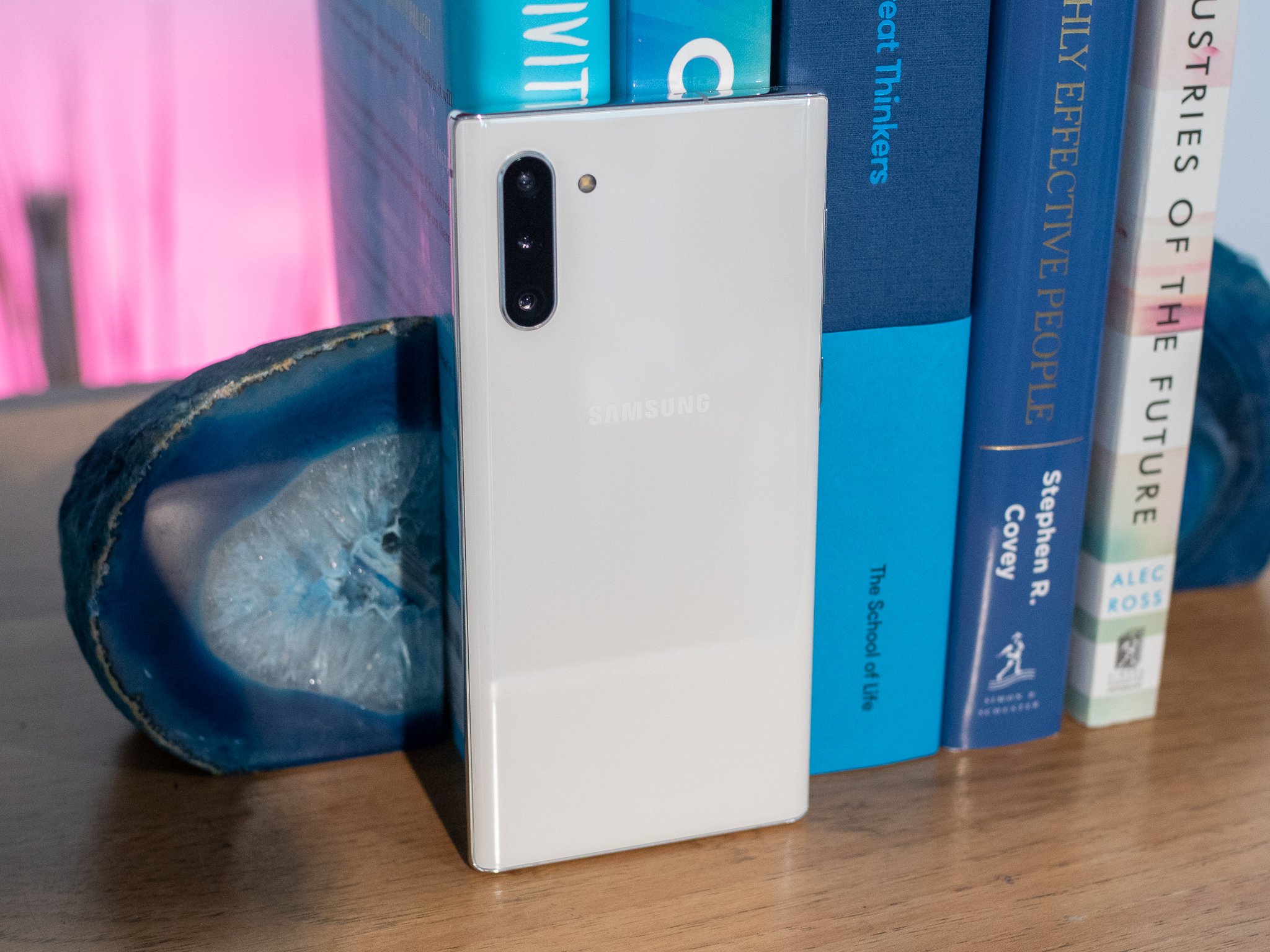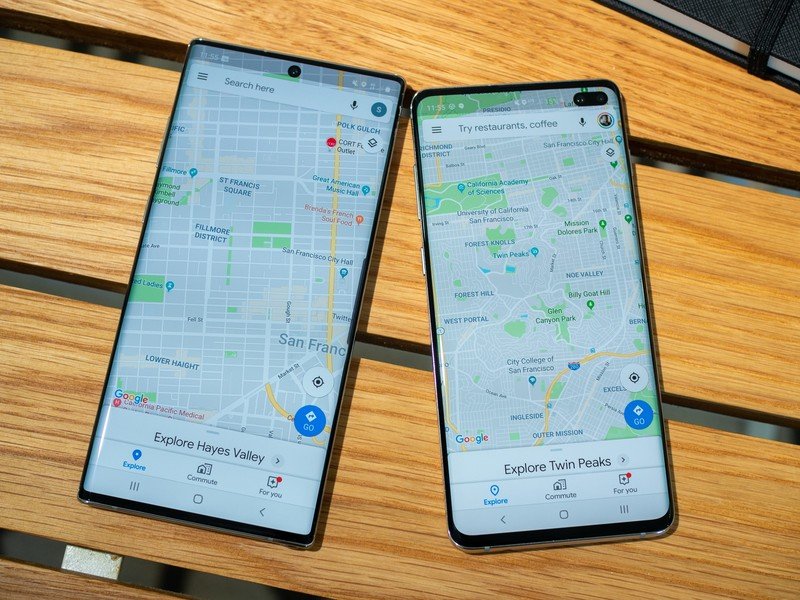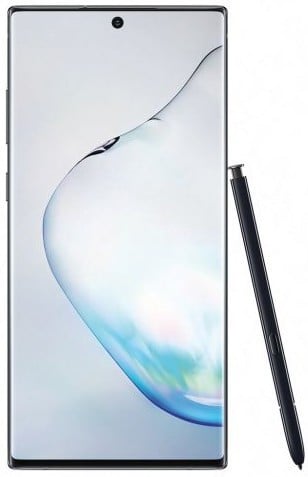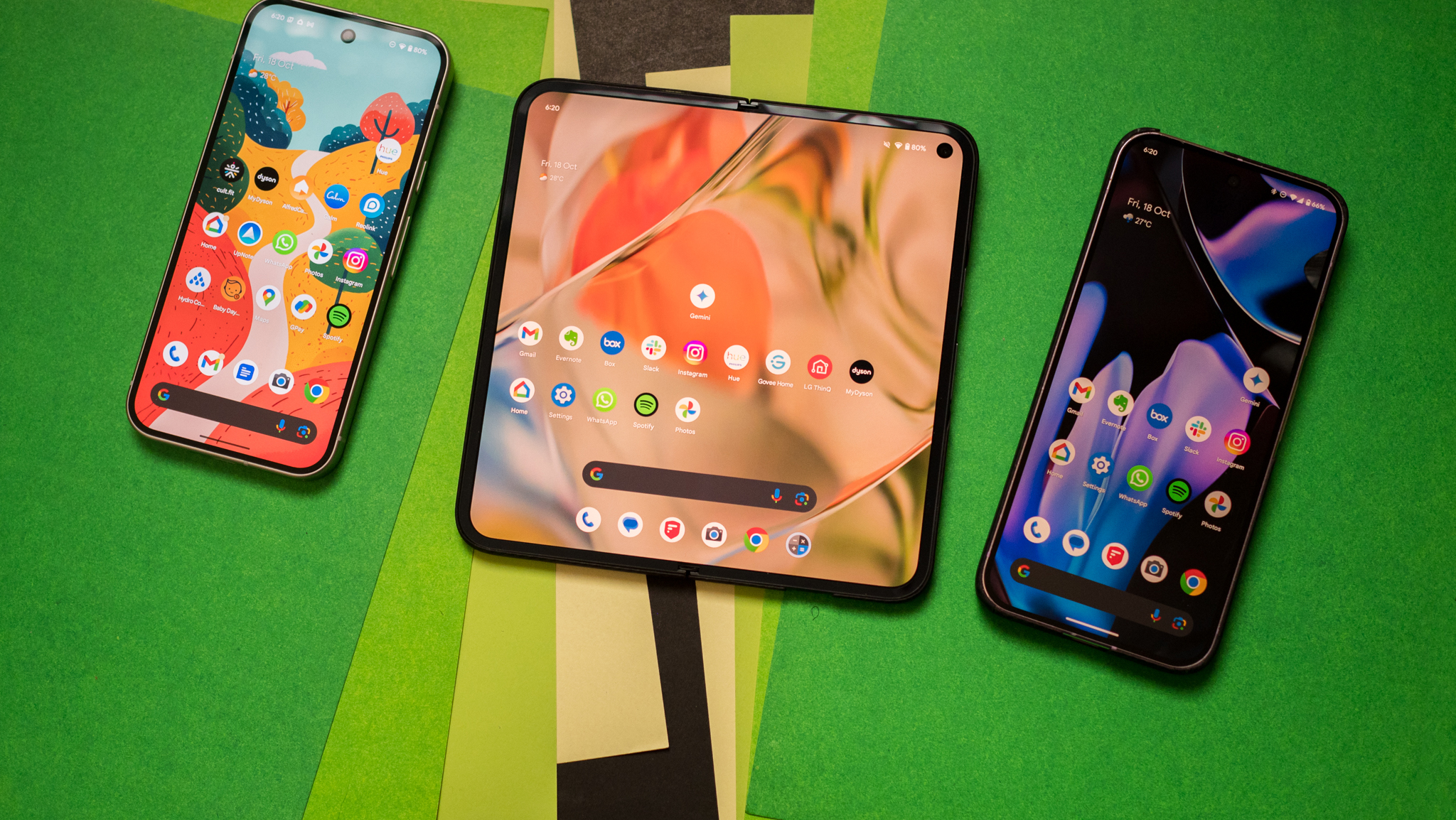Samsung's phones are so consistently good, it's almost boring at this point

In many ways, the biggest selling point of Samsung's phones over the past 10 years has been consistency. Yes, Samsung regularly advances its technology, design, and features — but does so with a good bit of conservatism as to keep things consistent from year to year for its loyal customers. The Note 10 and 10+ launch reminds us that Samsung's playbook hasn't changed.
It's a fine line to walk between consistency and complacency.
The new Notes are, by all accounts, great phones. They're beautifully designed, have industry-leading screens, are filled with the highest-end specs, have useful and feature-packed software, and generally check most boxes for a vast majority of people. The one problem, as we've seen with Samsung, is that those are all things it does with every phone launch.
Taken as individual phones, the Note 10 and 10+ are great. But the Galaxy S10 series is also great for all of the same reasons (S Pen aside), and honestly, the Note 9 is about 90%+ the same. When you look at the Note 10s as part of a progression of Samsung phones over the years, and set it next to the strides other players in the industry are making, they're a bit less impressive.

Alex hit on this point expertly over the weekend when he laid out some of the reasons why Samsung needs to make strides with the Galaxy S11 in order to not fall behind the competition. Samsung's insistence on sticking with the same tried-and-true camera setup, rather than upgrading to stay ahead of the curve, is one of the biggest examples. Samsung's cameras are incredibly consistent and were once among the leaders, but with minimal improvements over the years, they certainly aren't the best in the business today.
Holding onto popular or once-great features is one thing, but not fixing apparent issues is another. Samsung's software experience and bundled apps are a consistent sore spot as well. Biometric authentication has been a hodgepodge of shortcomings for a few years. And how could we forget the death of the headphone jack? Samsung's phones are great, but they aren't perfect — and they're lacking in many of the same areas year after year.
Samsung isn't willing to push the envelope and change things with each generation — let alone just between a Galaxy S and Note — because it recognizes that familiarity is a feature. Samsung knows most of its customers don't upgrade every year, and those people also don't want to give up the features they have in order to get new-and-exciting features in the latest model — they only want something that's additive, not a trade-off. And in trying to appease its massive customer base, Samsung seemingly struggles to make improvements for fear of losing that consistency.
Samsung's slow progress is hitting the point of making its phones boring — even though they're great.
Unfortunately, after years and years of the same scenario, Samsung's slow progress is hitting the point of making its phones boring. And that doesn't mean that the phones aren't good; as noted, they're truly some of the best you can get year after year. But that doesn't mean they're exciting.
Be an expert in 5 minutes
Get the latest news from Android Central, your trusted companion in the world of Android
It feels terrible to pan Samsung for being so good at making phones that its excellence has become boring, but here we are. I fully recognize that Samsung is a victim of its own success, but just because it's been incredibly good at making great phones year after year doesn't let it off the hook of needing to keep pushing the envelope. A leader, no matter how far ahead, still needs to lead eventually. And with the rate of progress and innovation across the board with its competitors, the gap at the top isn't so big.

The best of Samsung all in one package.
It's a powerhouse of a phone that will do absolutely everything you want. Hardware, specs, display, features, and cameras are all solid. And you get the S Pen. But you have to pay for it — so be sure that that's all that you want (and need) before choosing it over the S10+.
Andrew was an Executive Editor, U.S. at Android Central between 2012 and 2020.

